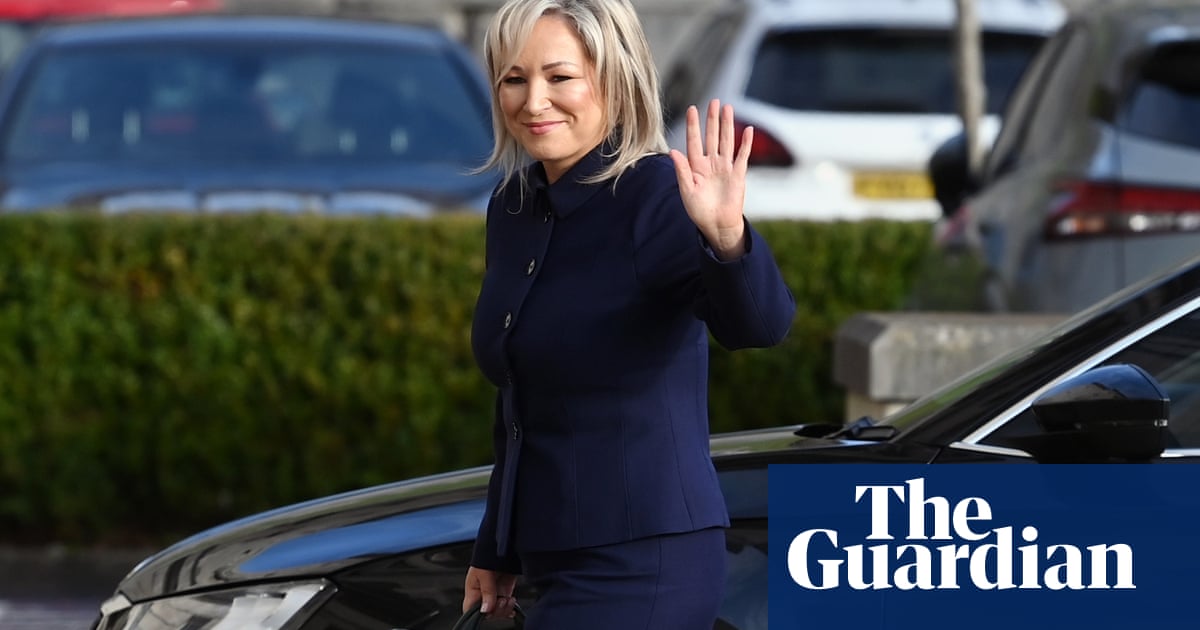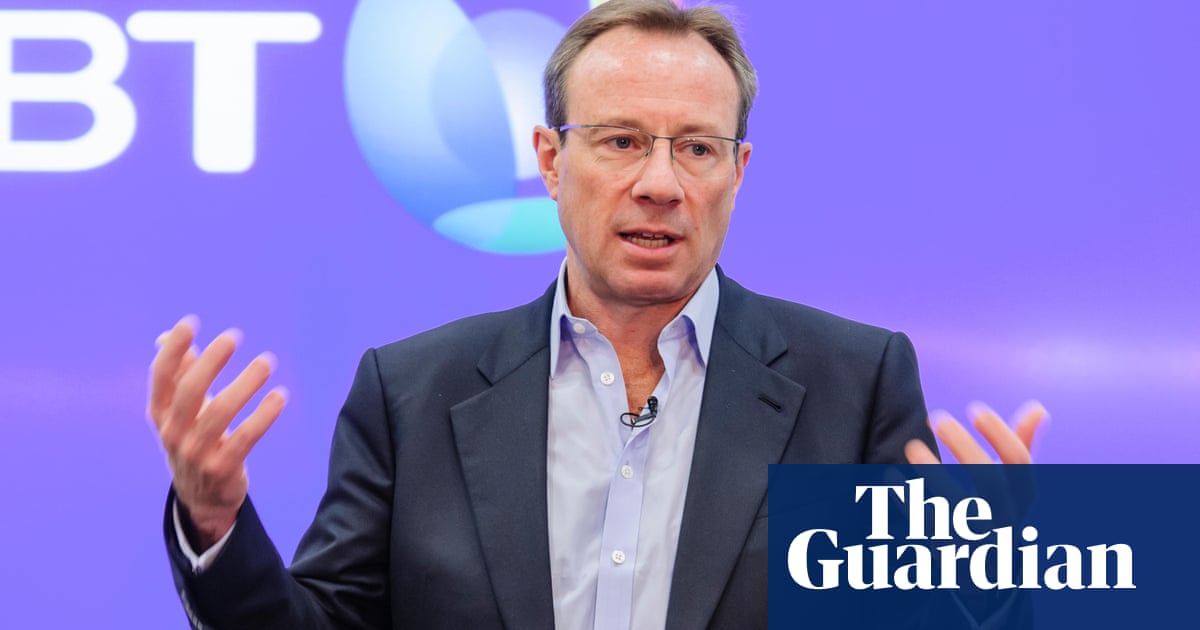
Election results are supposed to give us clarity about the will of the people. Well, they used to, but not anymore. Today, we are at best left with a trail of clues wide open to interpretation, mainly because results are becoming increasingly indecisive, reflecting a sociopolitical fragmentation that has taken hold of our societies, fueled to a large extent by social media and mediocre leaderships.
Among the different, mainly municipal elections held in the UK this month, the one for the Northern Ireland Assembly was probably the most intriguing. The emergence of Sinn Fein, the former political wing of the Irish Republican Army, as the biggest party in this British-controlled province — and with it the prospect of its vice president Michelle O’Neill becoming first minister — is creating shockwaves on both sides of the Irish border, and in London too.
There is also a danger of reading too much into the Northern Ireland results, as no party won decisively. But together with the municipal elections in Scotland, which were dominated by the Scottish National Party, there was a strong message of a wish to be free from the dominance of Westminster. These election results overall also brought to the fore whether people of different identities, be they derived from religion, ethnicity or history and especially minorities, can be assured that they will not be forced to lose their identity, become marginalized or, worse, suffer discrimination by the majority.
In the past, the answer was mainly division along religious or ethnic lines. In the year it won independence from the British, India was split by partition into India and Pakistan along religious fault lines. Cyprus has remained divided since 1974 between its Greek and Turkish sectors. Yugoslavia disintegrated into multiple different countries. And in the case of Israel and Palestine, neither a one nor a two-state solution seems to be feasible in the foreseeable future.
All these cases are dominated by identity politics, while two of the most notable experiences of political entities being built based on shared values instead of ethnic, religious or class origins — the US and the EU — are currently under severe domestic pressure as a result of such social divisions.
Returning to Northern Ireland, it is something of an anomaly, with asymmetry between the strong desire of its Protestant Unionists to stay as part of the UK and the marked disinterest of the rest of the UK as to whether or not it might rejoin the Republic of Ireland. Northern Ireland is caught up in a triangle of its uneasy relations with the UK and the Republic of Ireland and its own sectarianism, a situation that has been further complicated by Brexit and its subsequent Northern Ireland protocol.
Demographic changes in this sociopolitical cauldron are playing a major role in the way the wind is blowing in terms of the future of Northern Ireland. More than a century after Ireland was partitioned, Protestants have seen their majority in the north slide from a two-to-one advantage in 1921 to now being less than 50 percent of the population. In a society whose main reason for being part of the UK has been the existence of a Protestant majority that considered itself British, this argument is fast losing its credibility.
Moreover, in the Brexit referendum, Northern Ireland voted to remain in the EU by a substantial majority, which has had a direct and acute impact on the future of the 1998 Good Friday Agreement. If the Good Friday Agreement managed to create some sort of a two-state solution in a one-state reality, where there is complete freedom of movement across the border between the north and the Republic in the south — when both being members of the EU helped to conceal that it was more an Irish than a European arrangement — this pretense has gone. Placing the border in the Irish Sea, and by that bringing into question Northern Ireland’s place within the UK, is the Unionists’ worst nightmare and gives hope to the nationalists and their dream of a future united Ireland.
Sinn Fein’s success at the ballot box might count for very little if the main Unionist party, the Democratic Unionist Party, continues to refuse to take part in any new power-sharing administration in Stormont until the Northern Ireland protocol is changed, as has been stated by its leader Sir Jeffrey Donaldson, reiterating his election campaign promise. Under power-sharing rules, an executive cannot be formed unless the DUP nominates a deputy first minister and other ministers, in line with the Good Friday Agreement.
The DUP’s approach distorts both the initial intention of the power-sharing mechanism, which seeks to give a voice to both sides of the sectarian divide, and the will of the voters as expressed in this month’s election. However well-intentioned those who designed the mechanism of governing Northern Ireland so that it would respect all quarters of society might have been, it is being exploited by a hard-line minority, which is holding the country hostage and depriving it of a functioning governing body in an attempt to force the British government into violating an international agreement that came into force only last year. Once again, partisanship is prepared to risk what is a peaceful but fragile coexistence; one that was achieved by blood, sweat and many tears.
Partisanship is prepared to risk what is a peaceful but fragile coexistence; one that was achieved by blood, sweat and many tears.
Yossi Mekelberg
Is it the case that a governing arrangement based on power-sharing should not stay in place indefinitely, as it will eventually become a tool for continuing the conflict by other means? The administration in Stormont was previously suspended for a whole three years and its suspension became a lever to extort political concessions, making a mockery of the arrangement.
Northern Ireland has, since the Good Friday Agreement, been an experiment in (almost) a one-state solution, which has brought relative calm to the province. However, the establishment of a hybrid political system gave veto power to those who are not fully invested in the healing of the society following many decades of bloody conflict, are preventing it from becoming one society with common purpose and have deprived it for long periods of being governed in line with the electorate’s will.
Most significantly, the system has so far failed to develop a Northern Irish identity that is inclusive of all its people, while celebrating the diversity of a heterogeneous society — a failure that is leading to a paralysis of governance and is prolonging the life of sectarianism and its threat to peace.
Yossi Mekelberg is professor of international relations and an associate fellow of the MENA Program at Chatham House. He is a regular contributor to the international written and electronic media. Twitter: @YMekelberg












